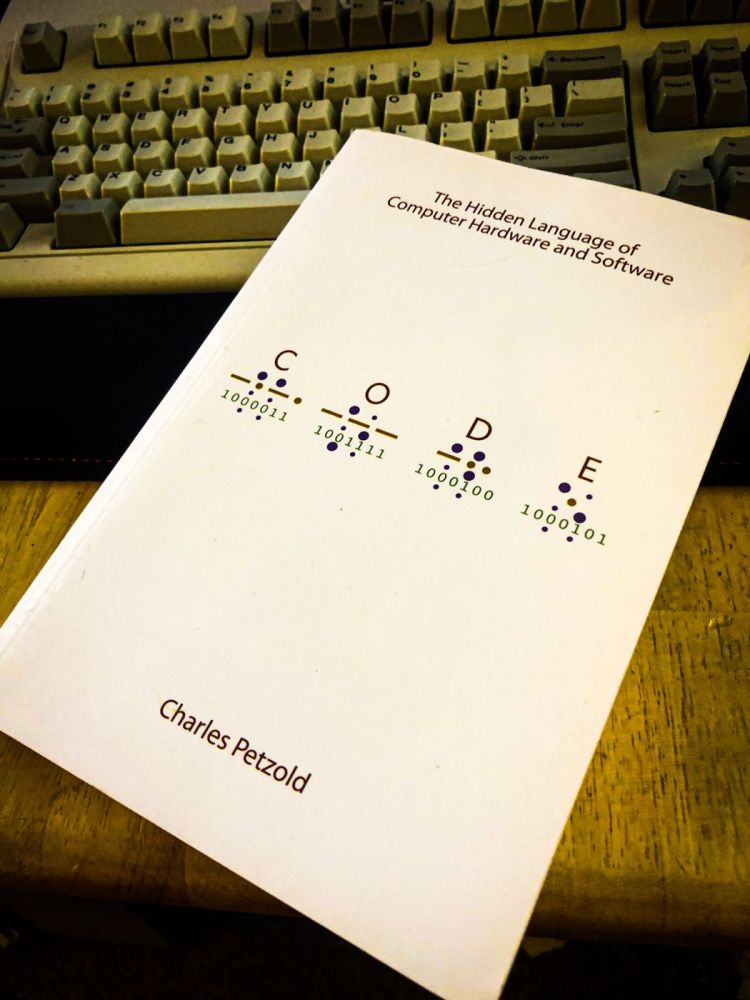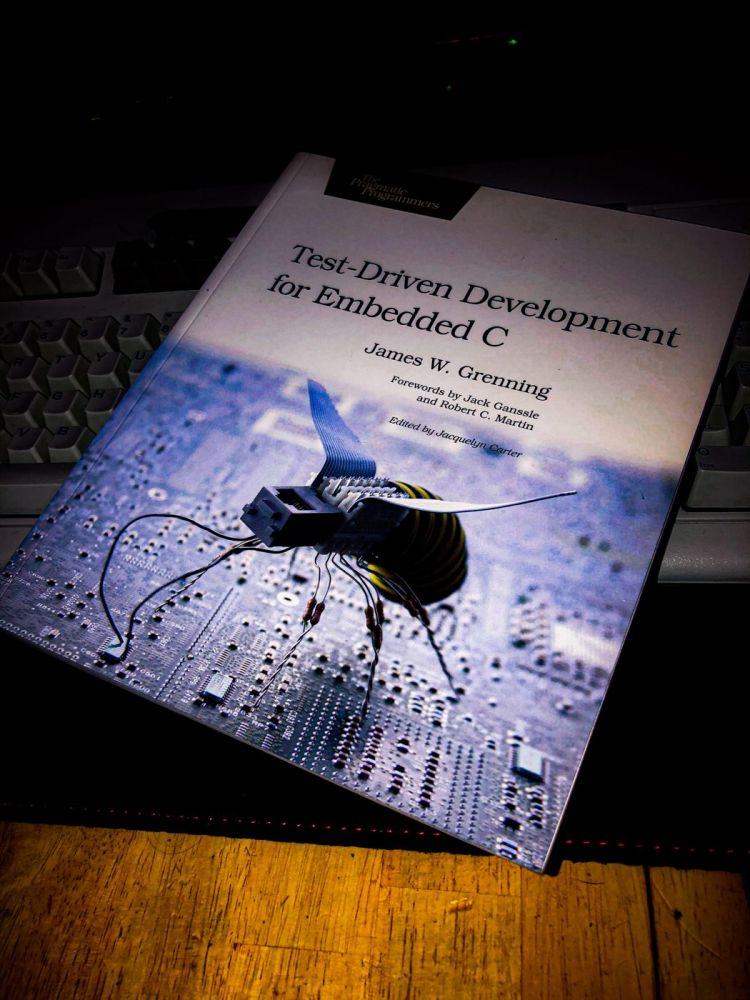Ranter
Join devRant
Do all the things like
++ or -- rants, post your own rants, comment on others' rants and build your customized dev avatar
Sign Up
Pipeless API

From the creators of devRant, Pipeless lets you power real-time personalized recommendations and activity feeds using a simple API
Learn More
Comments
-
For a much more recent one that's borderline hilarious, try "Proof and Disproof in Formal Logic: An Introduction for Programmers" by Richard Bornat, circa 2005 or so. I actually laughed out loud in places. A great example of a book that not only teaches you the basics well but also entertains in the process, there are very very few that do this well (another would be Physically Based Rendering by Pharr et. al.).
It doesn't go deep into logic and type theory - there's "Practical Foundations for Programming Languages" by Robert Harper for that, I'm struggling with it right now. Also "Types and Programming Languages" by Benjamin Pierce, which is a fairly heavy book, I'm also going through that right now. -
@QuanticoCEO also Stanford's Introduction to Logic course on Coursera is incredible. I can't stress this enough. It's very practical, it has you actually applying all that stuff in a proof environment they made. It's where I send folks if they want to learn logic because that way they get hands on experience using it.
Pretty much the first course I ever finished on Coursera and paid for. Fuck the certificate, the proof environment assignments are worth it.
Related Rants
-
 QuanticoCEO32
QuanticoCEO32 From the guy who wrote all the Programming Microsoft books and the Annotated Turing book. Comes this book.
Th...
From the guy who wrote all the Programming Microsoft books and the Annotated Turing book. Comes this book.
Th... -
 QuanticoCEO31
QuanticoCEO31 Forgot to post a book yesterday, so maybe I’ll post two books today...
Anyway, this book, I found it recen...
Forgot to post a book yesterday, so maybe I’ll post two books today...
Anyway, this book, I found it recen... -
 QuanticoCEO7
QuanticoCEO7 Working in the embedded systems industry for most of my life, I can tell you methodical testing by the softwar...
Working in the embedded systems industry for most of my life, I can tell you methodical testing by the softwar...


Here’s book most of you have either read a newer edition or some variant based on this book, as computer science students you had to take an intro to logic course.. prior to digital logic.. or atleast that’s how it went for me and many others I know.
Which regardless how much the universities screwed up teaching comp sci and programming.. this is one aspect I think they nailed. Requiring philosophical logic course for comp sci.
Again this isn’t a digital logic book. It’s just philosophical logic. The first edition of this book came out in 1953... and I think they are edition 14 or 15... for a book to have this many editions and last this long thru time it’s a good book.
It’s a book that should be a must read for anyone venturing into AI and working on human machine thought processing.
It’s a great book to have around as reference, considering philosophical logic is not a walk in the park atleast not in the beginning because it requires you to change the way you view things.. more specifically it requires you to think objectively and make decisions objectively rather than subjective emotional reasoning.
Programmers need to think objectively with everything they do. The moment you begin thinking subjectively .. ie personal style, wishes and wants, or personal reasons and put that into code for a code base with a team u just put the team at risk.
Does this book teach objective thought? No... indirectly yes, because it teaches the objective rules of logic... you don’t get to have an emotional opinion on wether you agree or disagree or whatnot, logic is logic even philosophical. Many people failed the logic course I was in university.. infact the bell curve was c- / D ... many people had to take the course more than once.. they even had to change the way the grading was done.. just to get more people to pass...
But here’s the thing it’s not about it being taught wrong.. people just couldn’t adapt to thinking objectively, with rules as such in philosophical logic courses. Grant it the symbols takes time getting use to but it literally wasn’t the reason people failed.. it was their subjective opinions and thought process interfereing with the objectiveness of the course exams and homework.
rant
bookaday